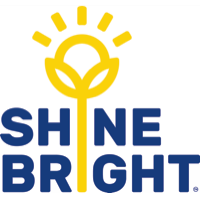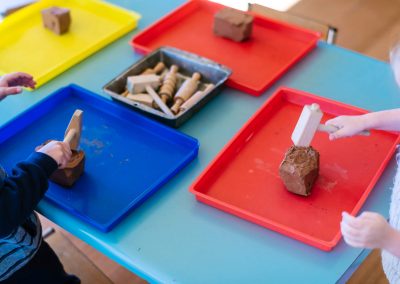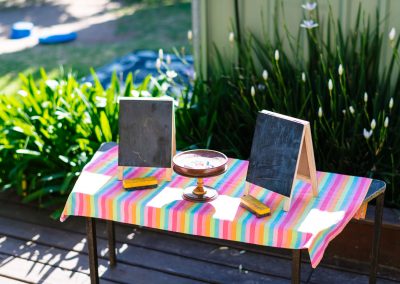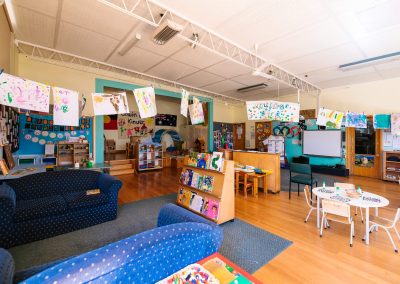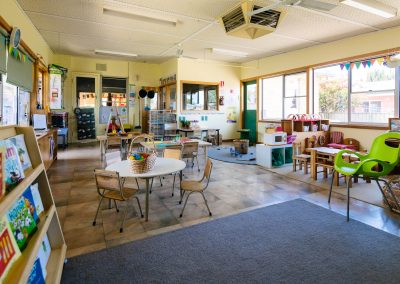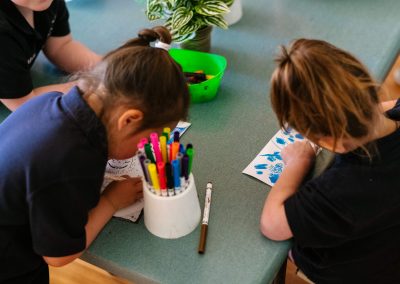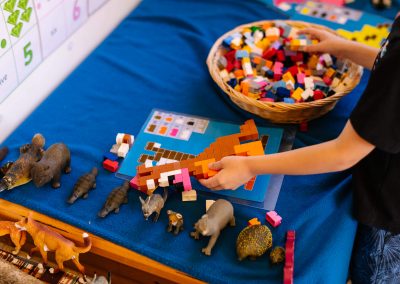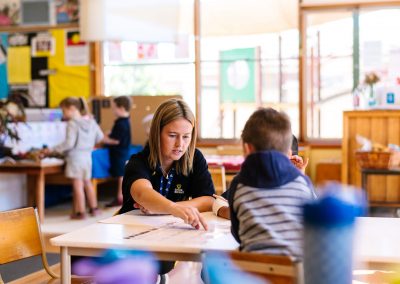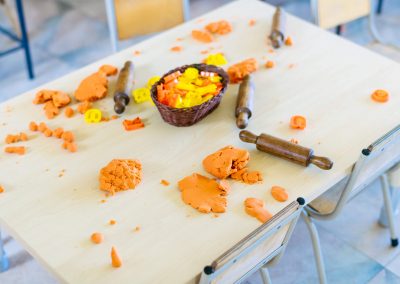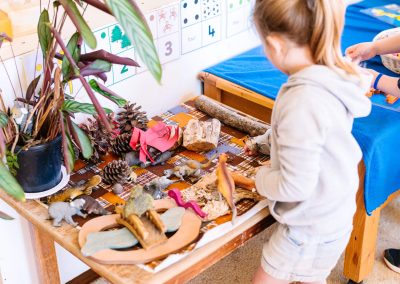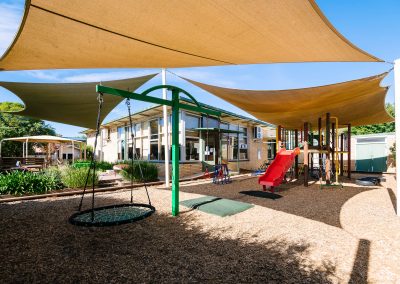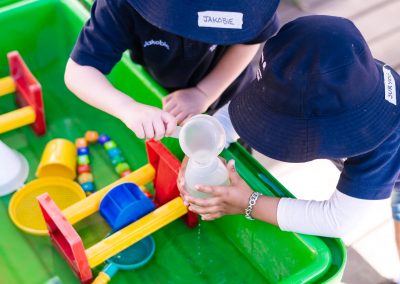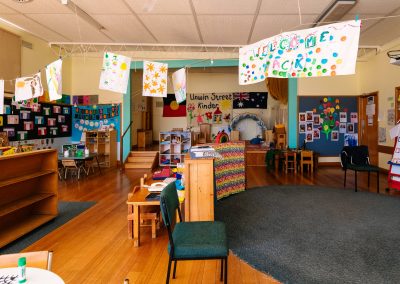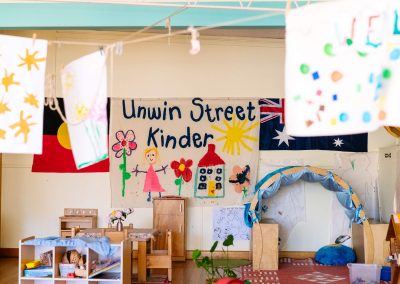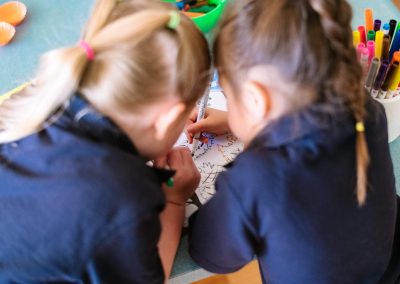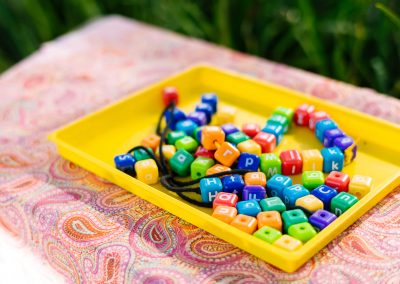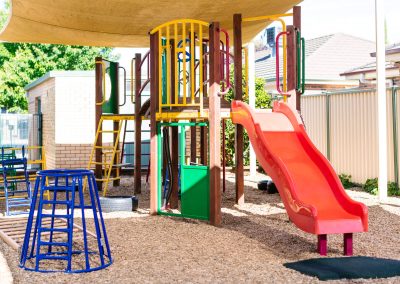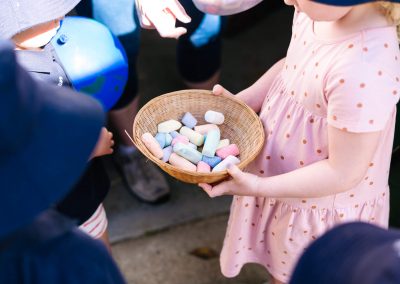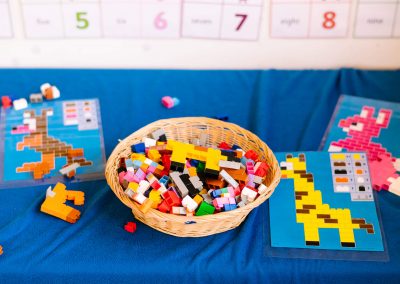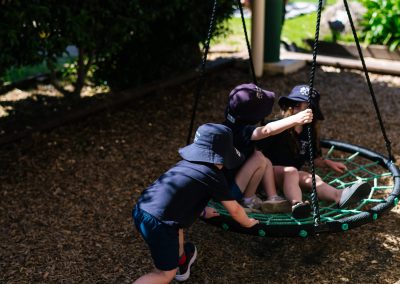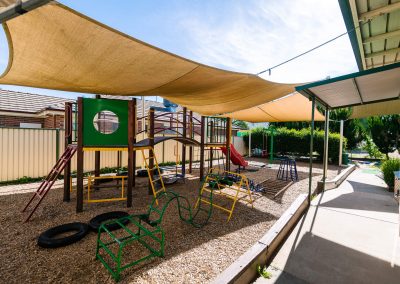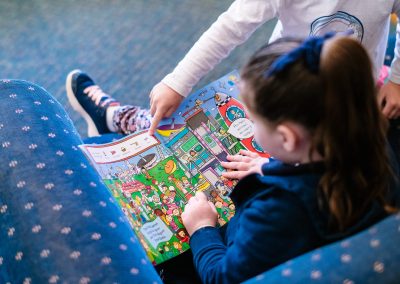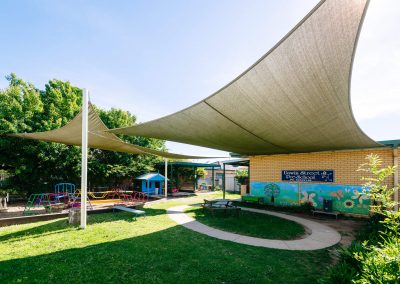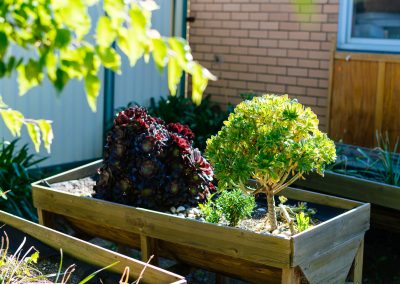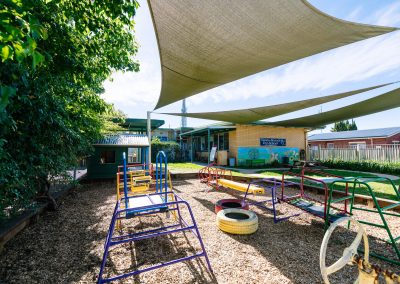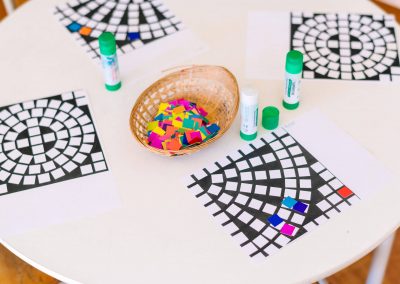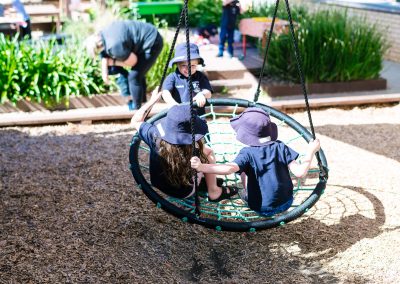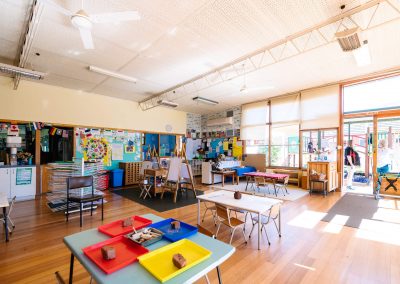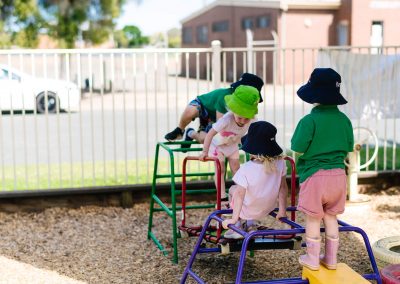Unwin Street Kindergarten
National Quality Standard Rating – Exceeding
Address: 6 Unwin Street, Kyabram 3620 MAP
Phone: 03 5852 2148
ENROLMENT: CAMPASPE SHIRE
Enrolments for Campaspe Shine Bright Kindergartens are processed through Campaspe Shire. Information on how to enrol into a Shine Bright Kindergarten can be found on the Campaspe Shire website or details below.
W: www.campaspe.vic.gov.au
E: kinder@campaspe.vic.gov.au
P: 1300 666 535
2024 Timetable
All groups will be combined 3 & 4 year old programs. To learn more about the benefits of combined groups Click Here…
Koalas Group
Days: Monday & alternating Wednesday & Thursday
Time: 9.00 am – 3.00 pm
Educational Team
Nominated Supervisor: Robyn
Educational Leader: Robyn
Educational Team: Krystal, Maddy, & Robyn
Our Philosophy
Evidence And Research forms Shine Bright Unwin Street Kindergarten’s Philosophy.
The Early Childhood Sector regards the following theorists are proven to be leaders in child development and best practice which underpins our educational program.
|
Our Philosophy |
|
What this looks like in Practice |
|
An important theory we follow is Bronfenbrenner Ecological theory, Which tells us that children grow and develop in a number of different relationship systems that we imagine as being one inside another like a set of Russian nesting dolls. The child is effected by and affects each system. Each system affects and is affected by the other systems, it is all connected and interconnected.
|
|
Educators recognise that children’s development takes place in the context of their families. Families are children’s first and most important educators as they provide children with the relations, opportunities and experiences that shape their learning and development. Children’s overall development will be enhanced when educators are active in building secure, respectful, reciprocal and strong partnerships with families and the community. |
|
Vygotsky has taught us that children learn from other more skilled people by watching what they do and by doing it with them. He also tells us that children have two levels of ability, what they can do on their own and what they can do with help from someone else. Someone with more skill can help them achieve a higher level; this is called ‘scaffolding’. We agree with Dewey that children learn through an integrated approach. We must understand the nature of how humans have the experiences they do, in order to design effective education. In this respect, Dewey’s theory of experience rests on two central tenets — continuity and interaction. |
|
Educators practice the belief that children learn through play. A play based, open ended, emergent program enables children opportunities to discover, create, ask questions, problem solve and develop a sense of empowerment through their learning process. Through our practices and principles educators will provide interesting and inviting play areas that are vibrant, flexible and responsive to the interests and abilities of each child. Educators will cater for different learning capacities and learning styles and invite children and families to contribute ideas, interests and questions. Educators will provide a balance between child led, child initiated, parent instigated and educator supported play. |
|
We have knowledge of children’s’ developmental stages of play. According to Parten, Smilansky & Piaget, as children become older, improving their communication skills, and as opportunities for peer interaction become more common, the nonsocial (solitary and parallel) types of play become less common, and the social (associative and cooperative) types of play become more common. |
|
Educators believe that ALL children have the ability to learn and develop. Having high expectations is especially important in achieving success for all children. Educators respect listen and value all contributions made by the children towards their many learning opportunities. |
|
Brain development research has shown that when children feel safe and secure their brain develops neurons and pathways to increase how children learn. This is supported by Ainsworth, Erikson & Froebel who tell us secure attachment is when children feel they can rely on their caregivers to attend to their needs of proximity, emotional support and protection. |
|
Educators are caring and will build strong relationships with children so they can feel secure to explore their environment. Educators acknowledge that children will develop a strong sense of wellbeing and a positive sense of self when they feel safe, secure and supported in their environment.
|
|
As educators we are aware that the intelligence of a child is not simply measured. All children have a right to an equitable education. Children have the right to fulfil and also expand ALL of their potential, describing them as rich and competent and not beings with needs but beings with rights. (Malaguzzi, Gardener Multiple Intelligences & Montessori). |
|
Educators understand and value each child’s individuality and learning abilities. With this in mind we provide a program that encompasses activities and valuable experiences and opportunities for the children to participate and be involved learners. By encouraging, questioning, engaging and scaffolding learning we develop children’s strengths and abilities. |
